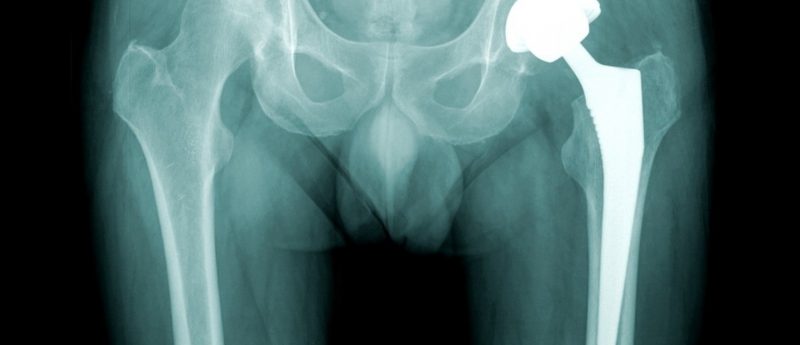Bovine chondrocytes used to grow healthy cartilage tissue in laboratory

Researchers at Umeå University (Sweden) have successfully used cartilage cells from cow knee joints, progressing research into tissue engineering and cell-based therapies for osteoarthritis.
Articular cartilage tissue is located at joint surfaces, but has a low self-repair capacity owing to its lack of vascularization. Osteoarthritis can arise owing to the degradation of the tissue over time or after injury, resulting in pain and immobility.
Researchers at Umeå University in Sweden, according to a doctoral dissertation, have developed a method to grow healthy cartilage tissue from cow knee joints, which could potentially help with the development of a stem cell-derived cure for osteoarthritis.
“There is currently no good cure for osteoarthritis,” explained Janne Ylärinne, doctoral student at the Department of Integrative Medical Biology and author of the dissertation. “Surgical treatments may help when the damage to the cartilage is relatively minor, whereas joint replacement surgery is the only available solution for people with larger cartilage damage. However, artificial joints only last for a couple of decades, making the surgery unsuitable for young persons. So we need a more permanent solution.”
The researchers used primary bovine chondrocytes and managed to produce cartilage tissue in the lab similar to that normally present in the human joints. The team believe the research will help develop new methods to produce cartilage-like ‘neotissues’ in the laboratory, with cells, signaling molecules and scaffolds combined to regenerate tissue at the damaged site in the joint. However, much research still needs to be carried out to find out the optimal growth factors, mechanical loading environment, cell type, and so on, for higher tissue quality and a similar structure to hyaline cartilage occurring naturally in the body.
Source: